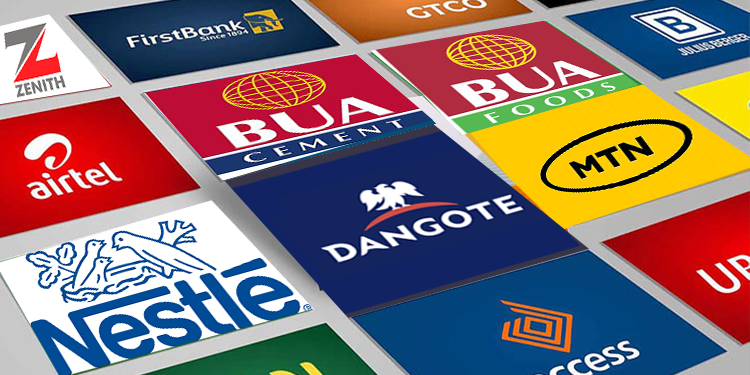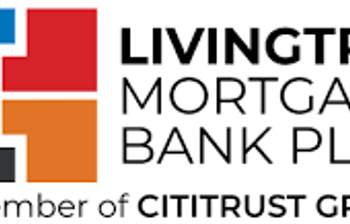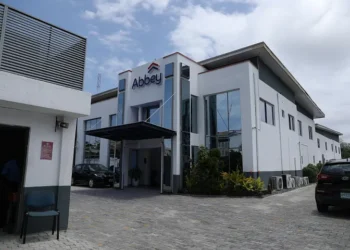The NGX Premium Index has delivered an impressive 53.86% year-to-date return as of the week ended October 17, 2025, driven by strong gains across the large-cap stocks that constitute the index.
In comparison, the broader All-Share Index is up 44.74%, while the NGX 30 has risen 42.69%, indicating that the Premium Index has outperformed other major benchmarks so far this year.
The NGX Premium Index tracks companies on the Nigerian Exchange that meet high standards of corporate governance, transparency, and market liquidity.
To qualify, a company must have free float shares valued at N40 billion or more, meet a minimum capital requirement of N200 billion, and score at least 70% on the NGX Corporate Governance Rating System, among other criteria.
These requirements are aimed at ensuring that listed companies have adequate market depth and strong governance structures that promote investor confidence.
Since 2020, the Premium Index has closed each year in positive territory. With a 53.86% gain so far in 2025, it remains on course for another positive year, though still below its 2020 record performance of 64.01%.
This report reviews the individual stocks that make up the Premium Board and their year-to-date performance in 2025
Here they are.
Dangote Cement Plc has advanced 25.31% year-to-date, marking a strong run for the company on the Exchange.
It opened in 2025 at N478.8 but stumbled early, shedding 17.71% in January to close at N394.
The setback proved short-lived as February sparked a sharp rebound of 21.83%, allowing the stock to end the first quarter slightly in positive territory.
Momentum faded in the second quarter with an 8.33% dip to N440, but sentiment turned bullish again in July, lifting the price by 20% to N528.
The recovery has since gathered pace, and by mid-October, the stock had risen 14.26% to N600.
- For the half-year period ended June 2025, Dangote Cement posted a pre-tax profit of N730 billion, up 149% from a year earlier and nearly matching its full-year 2024 figure.
Revenue climbed 18% to N2 trillion, supported by stronger cost management and reduced finance expenses.






















